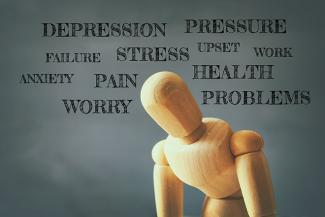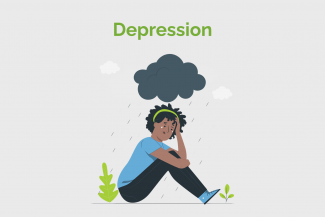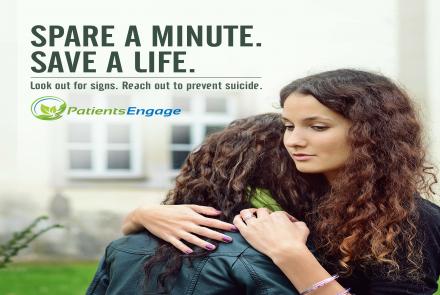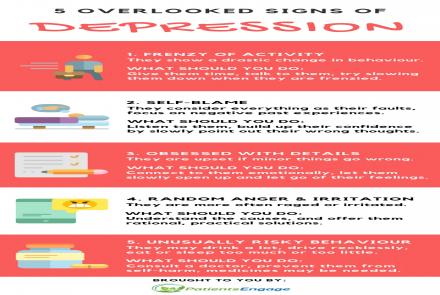
Treatment varies based on the severity of Depression
Severe or moderate depression
Antidepressant medicines: These are commonly used to treat moderate or severe depression. Antidepressants can take 2-4 weeks before the effect builds up fully. The newest and most popular antidepressants are called selective serotonin reuptake inhibitors (SSRIs). The following are examples:
- Fluoxetine
- Sertraline
- Escitalopram
- Paroxetine
- Citalopram
Psychological (Talking) Treatments
Cognitive behavioural therapy (CBT): The therapist understands your thought patterns to identify any harmful or unhelpful ideas or thoughts which made you depressed. The aim is then to change your way of thinking to avoid these ideas.
Interpersonal therapy (IPT): This is used when your personal relationships are playing a large role in affecting your mood and mental state. The therapist helps you to change your thinking and behaviour and improves your interaction with others.
Electroconvulsive therapy: This is advised as a last resort for severe depression that has not improved with other treatments.
Mild depression
Guided self-help programme: Materials (such as pamphlets, CDs and books) are provided by a trained practitioner, such as doctor, who monitors your progress. This programme consists of 6-8 sessions (face to face and via telephone) for 9-12 weeks.
Computer based therapy (CBT): Computer and internet-based self-help CBT programmes are recent innovations. They are supported by a trained practitioner who monitors progress. This programme is carried out for 9-12 weeks.
Antidepressant medicines: These are usually not recommended for initial treatment of mild depression. Antidepressants can be advised for mild depression in certain circumstances such as
- a. Mild depression that persists after other treatments have not helped
- b. Mild depression associated with physical illness
- c. Past episode of moderate or severe depression
Please discuss with your doctor, counsellor, psychiatrist

















